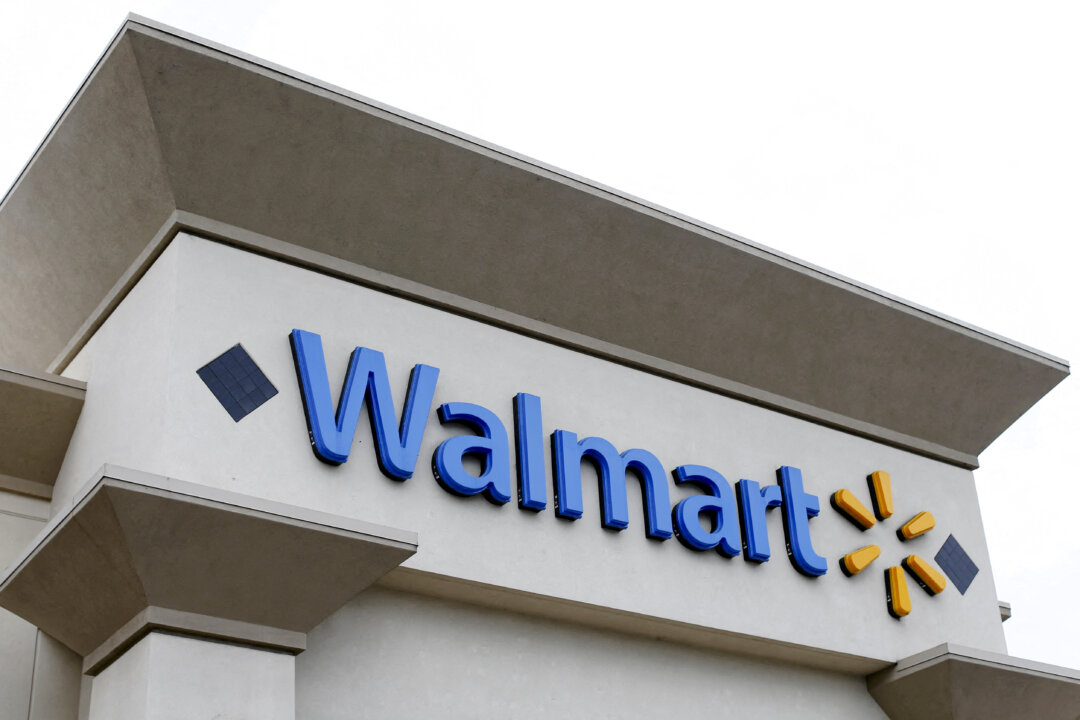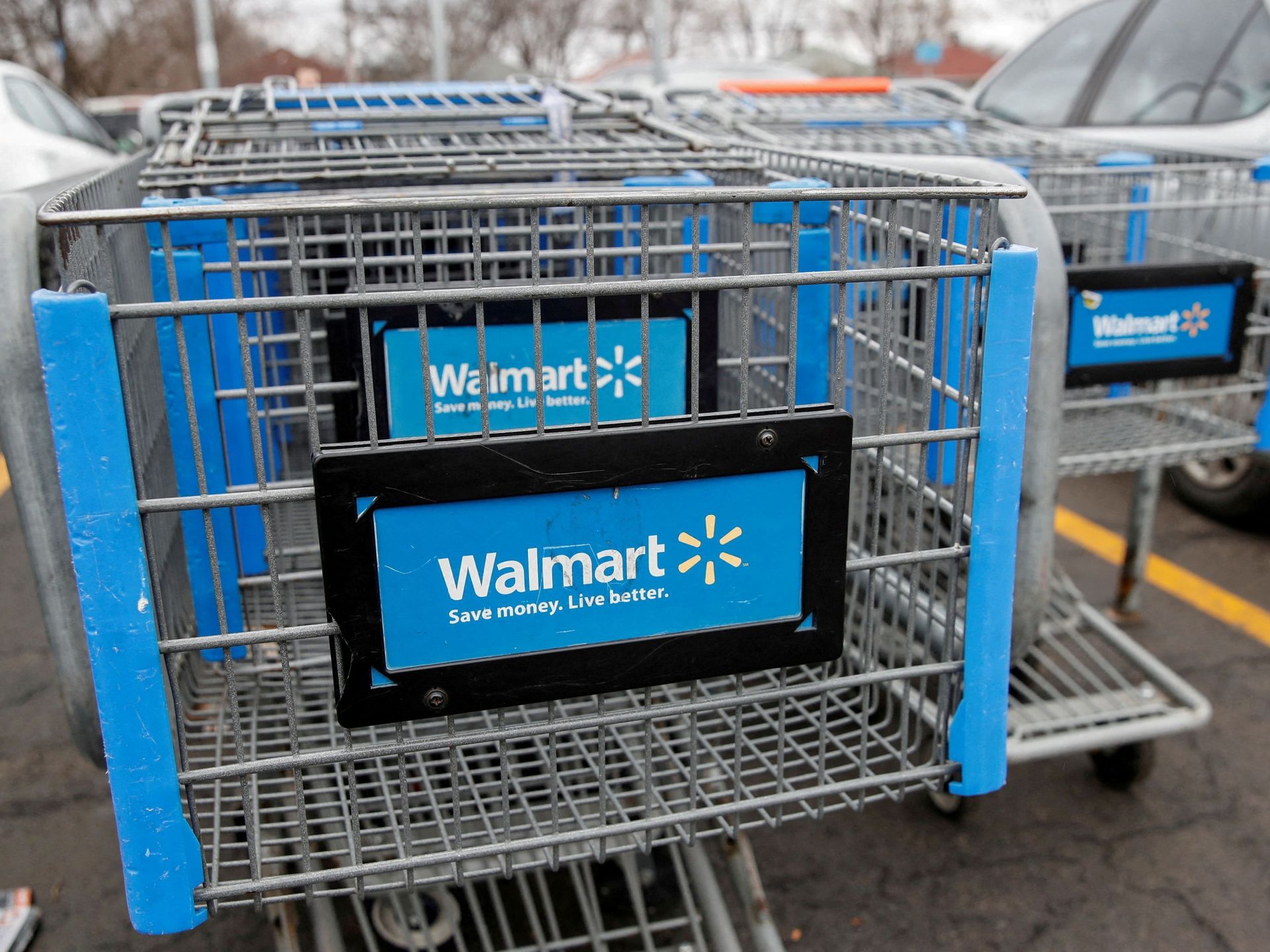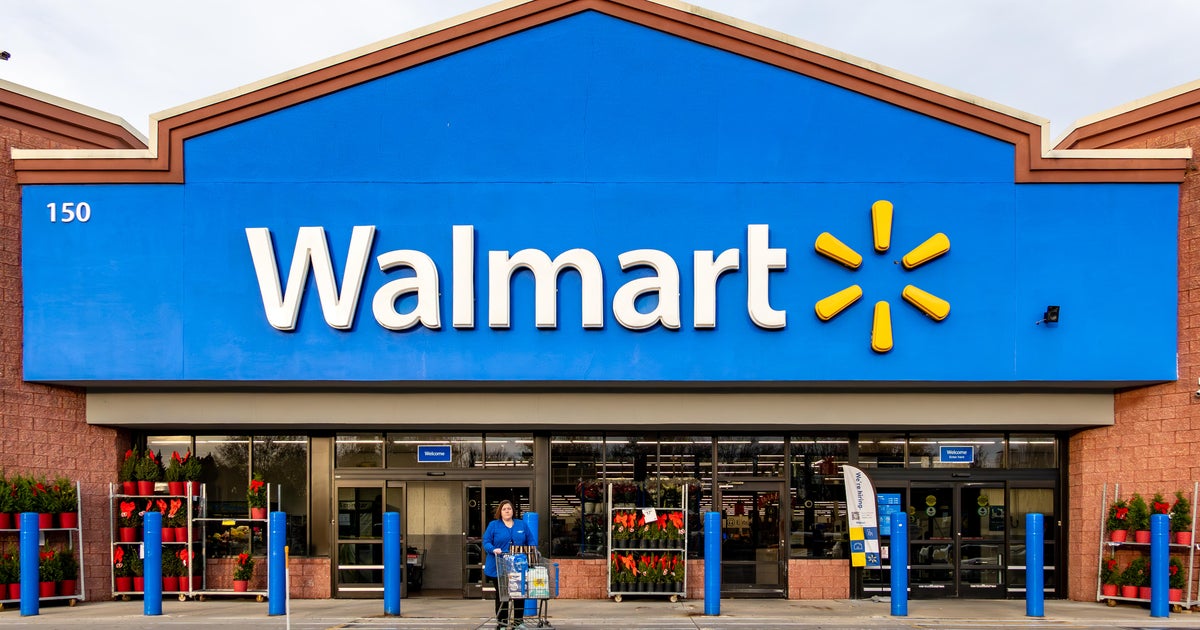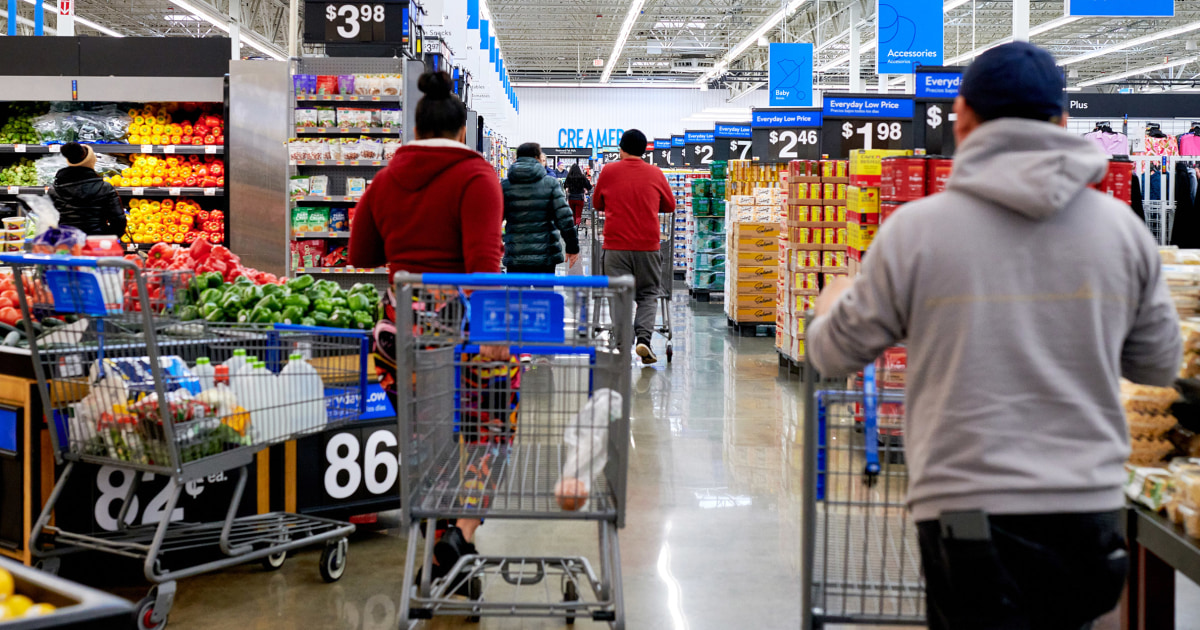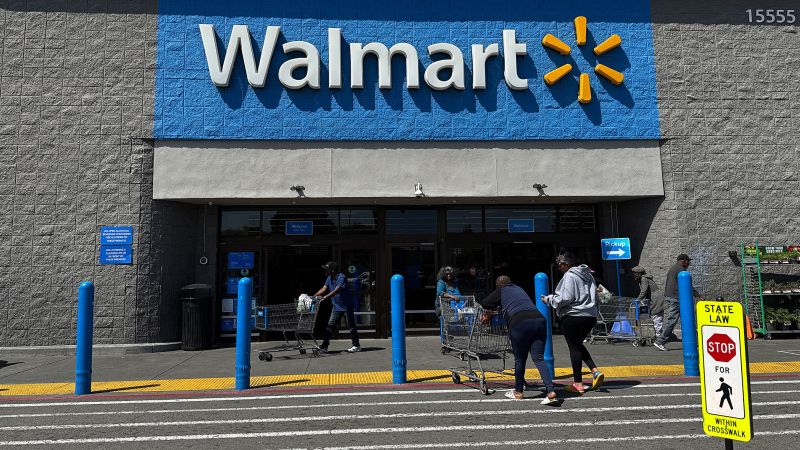Walmart Faces Price Increases Amid Slumping Consumer Sentiment
Walmart's profit decline coincides with a significant drop in U.S. consumer sentiment as trade war concerns grow.
Subscribe to unlock this story
We really don't like cutting you off, but you've reached your monthly limit. At just $5/month, subscriptions are how we keep this project going. Start your free 7-day trial today!
Get StartedHave an account? Sign in
Overview
Walmart recently reported a decline in first-quarter profit, attributing it to increased tariff costs and announcing necessary price hikes on essentials. The retailer, which recorded $165.61 billion in revenue, faces pressure as U.S. consumer sentiment fell for the fifth consecutive month to 50.8, highlighting growing worries over inflation linked to the Trump administration's trade policies. While a recent trade agreement has lowered some tariffs, economic uncertainty persists, affecting consumers with price hikes expected during the back-to-school shopping season. These developments suggest significant challenges for Walmart and consumers alike amid ongoing financial concerns.
Report issue

Read both sides in 5 minutes each day
Analysis
- Walmart expects to raise prices on various goods due to increased costs from tariffs imposed by the Trump administration, signaling concerns about the impact on consumer spending and the broader economy.
- Despite posting strong first-quarter sales, Walmart did not provide profit forecasts due to the unpredictable tariff environment, reflecting the uncertainty many retailers face.
- The company is strategically managing its sourcing, with two-thirds of its products sourced domestically, but acknowledges the challenges posed by tariffs, particularly on items imported from China.
Articles (22)
Center (10)
FAQ
Walmart's profit decline in Q1 fiscal 2026 was mainly due to increased tariff costs, which led to higher expenses, and the need to raise prices on essential goods.
Walmart reported $165.61 billion in revenue for the first quarter of fiscal 2026.
U.S. consumer sentiment fell for the fifth consecutive month to 50.8, reflecting growing concerns over inflation linked to trade policies. This decline is contributing to economic uncertainty and pressure on Walmart, especially as consumers face price hikes on essentials.
Walmart reaffirmed its full-year guidance expecting consolidated net sales growth of 3% to 4% and adjusted earnings per share between $2.50 and $2.60, highlighting a focus on navigating near-term uncertainties while investing for long-term value.
The trade war and tariffs have increased Walmart's costs, which the company expects to pass on to consumers through price increases on essential goods, particularly noticeable during the back-to-school shopping season.
History
- 6M

 6 articles
6 articles




